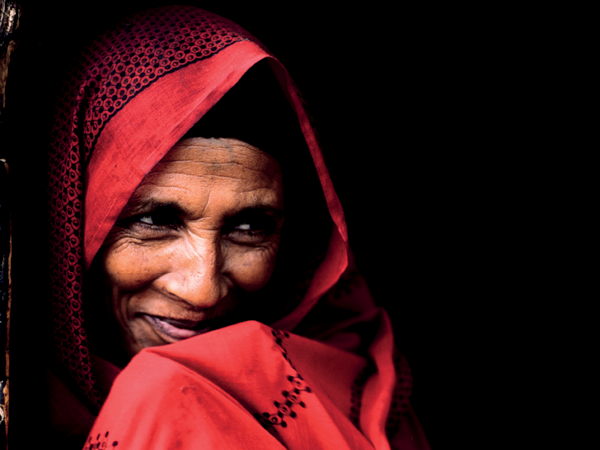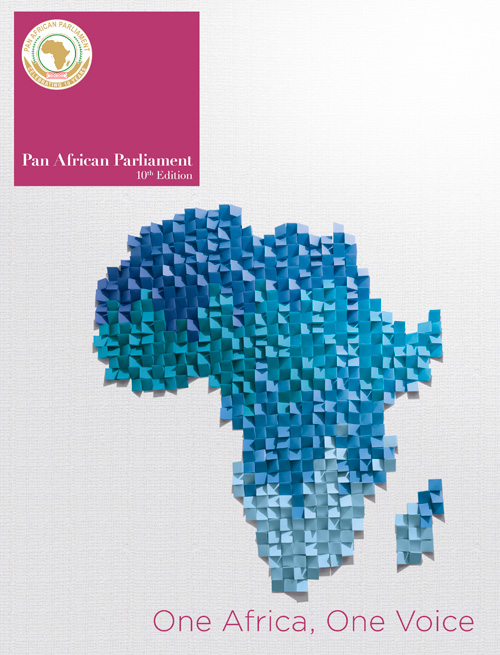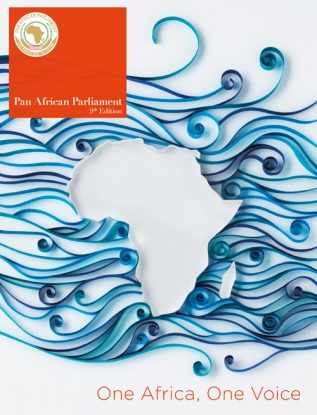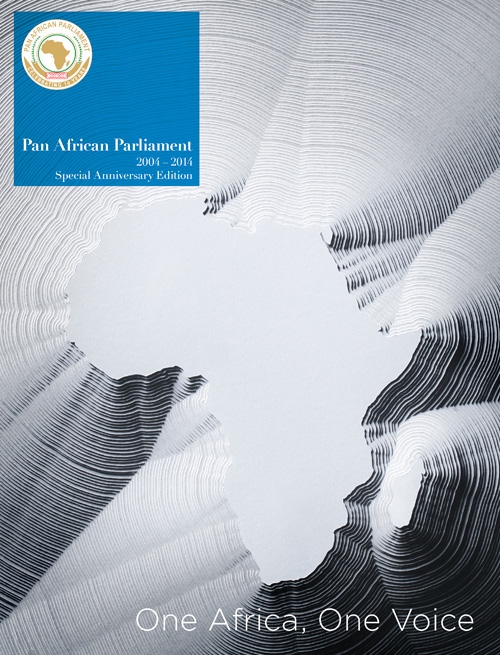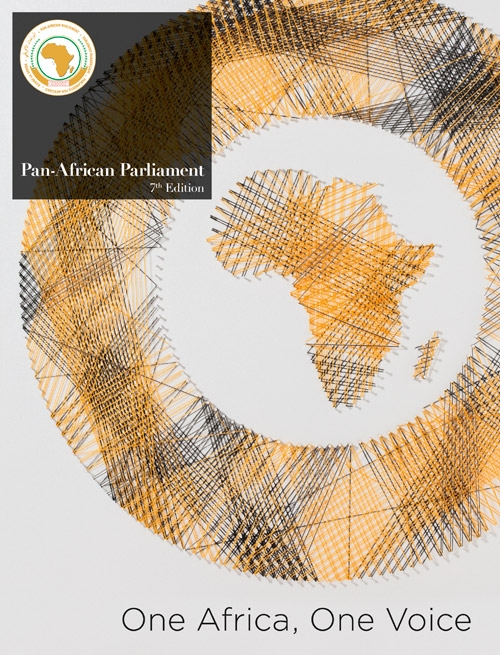
In his opening speech, Hon Bethel Amadi – then President of the PAP – spoke of the fight Africans had waged to gain independence, and highlighted the important role women played in that struggle. Since the establishment of the Organisation of African Unity (OAU) and the subsequent formation of the AU, he said, great effort had been made to attain the objectives of Agenda 2063, though more work was needed, particularly with regard to the empowerment of women.
The AU’s Agenda 2063 is both a vision and an action plan that calls on all segments of African society to work together in building a prosperous and united Africa based on shared values and a common destiny.
As the backbone of African society, women deserve to be valorised. It is in this regard that the new PAP Protocol adopted by the Assembly of Heads of State in Malabo in 2014 imposed the distribution and respect of gender within the delegations represented at the PAP.
Accordingly, the President of the PAP indicated that now, 20 years after the Fourth World Conference on Women, held in Beijing in 1995, it is time to move from words to action by implementing the texts in the domain of women’s empowerment and gender equality.
During the opening ceremony, Dr Thabo Makgoba, Archbishop of Cape Town and the Metropolitan-Anglican Church of Southern Africa, and Gertrude Mongella, the first president of the PAP, delivered messages of solidarity in support in the commemoration of Africa Day. Dr Aïsha Abdullahi, AU Commissioner for Political Affairs, then delivered a speech on behalf of Dr Nkosazana Dlamini-Zuma, Chairperson of the AU Commission (AUC).
There has been progress in including women in the decision-making process, for example, a woman at the helm of the AUC
The celebration of Africa Day, Dr Abdullahi said, highlighted several objectives: Africa’s commitment to put an end to conflicts, working towards stopping the clandestine immigration of youth, the insertion of refugees and the fight against xenophobia. She also said that to achieve true empowerment of women, the implementation of Agenda 2063 requires interaction between Heads of State and African Parliamentarians.
The delegates at the Africa Day celebrations then heard three presentations.
From Theory to Action
Dinah Musindarwezo, Executive Director of the African Women’s Development and Communication Network (FEMNET) gave a presentation titled From Theory to Action: Rethinking Strategies to Promote Women’s Participation and Leadership in the Decision-making Process in Africa. Key elements centred on:
- The background of the participation of women in decision-making processes.
- Political commitments in favour of women, made through declarations, resolutions and protocols.
- The representation of women in politics in Africa.
- The numerous challenges to be overcome by women in terms of political representation.
- The actions undertaken by FEMNET, such as holding regional conferences on leadership, publishing documents on the experiences of women in politics, the use of social networks, meetings between the youth and political decision-makers, and election observation.
The future aims of FEMNET include putting in place a pressure group for the implementation of Agenda 2063 – notably with regard to the participation of women and girls in political, economic and social decision-making spheres; creating an intergenerational dialogue framework; ensuring the respect of quotas for the access of women to decision-making posts within political parties, and transformative leadership in political parties.
A Review of Progress of the African Women’s Decade (2010–2020)
This presentation, made by Litha Musyimi-Ogana, Director for Women, Gender and Development of the AUC, pointed out that Africa Day was being celebrated at a vital time – 20 years after Beijing. The year 2015 is also at the centre of the African Women’s Decade (2010–2020) programme. Musyimi-Ogana stated that since the launch of the programme, there has been progress in including women in the decision-making process, for example, the election of two women as Heads of State in Liberia and Malawi, an acting female President in the Central African Republic, and a woman at the helm of the AUC.
According to Musyimi-Ogana, the aim of the African Women’s Decade is to promote gender equality through the implementation of the decisions of Dakar, Beijing and the AU Conference on gender equality and women’s empowerment, and to give a new impetus to global and regional commitments in the domain.
It is time to move from words to action … in the domain of women’s empowerment and gender equality
A committee is planned at national, regional and continental levels to manage and monitor the implementation of the programmes of the African Women’s Decade. In the same vein, the continental development framework of commitments related to gender equality and women’s empowerment has been established.
Musyimi-Ogana stated that despite the progress made, there are still challenges to be met, in particular with regard to the insufficiency of human resources at the AUC Department of Gender, Women and Development, the non-establishment of committees in all the Member Countries, the delay in the transmission of files to where these committees are based, and insufficient funding due to the fact that the African Trust Fund for Women is receiving only 0.5% of the earmarked contributions from Member States.
The Saharawi Arab Democratic Republic
Delegates also heard from Mohamed Fadel Leili, who underscored the violence exerted by the police and the judicial administration on the Saharawi population of the Western Sahara and on women in particular. Fadel Leili recommended sending observers to the region to get first-hand experience of the violence and human rights violations occurring on a daily basis.
Hon Fides Sinankwa, First Vice-President of the PAP Women’s Caucus, concluded the celebrations and thanked and congratulated all participants and speakers. She expressed a wish for the achievements of this conference to be reproduced at the national level so that each country can own them for the well-being of the African woman.


